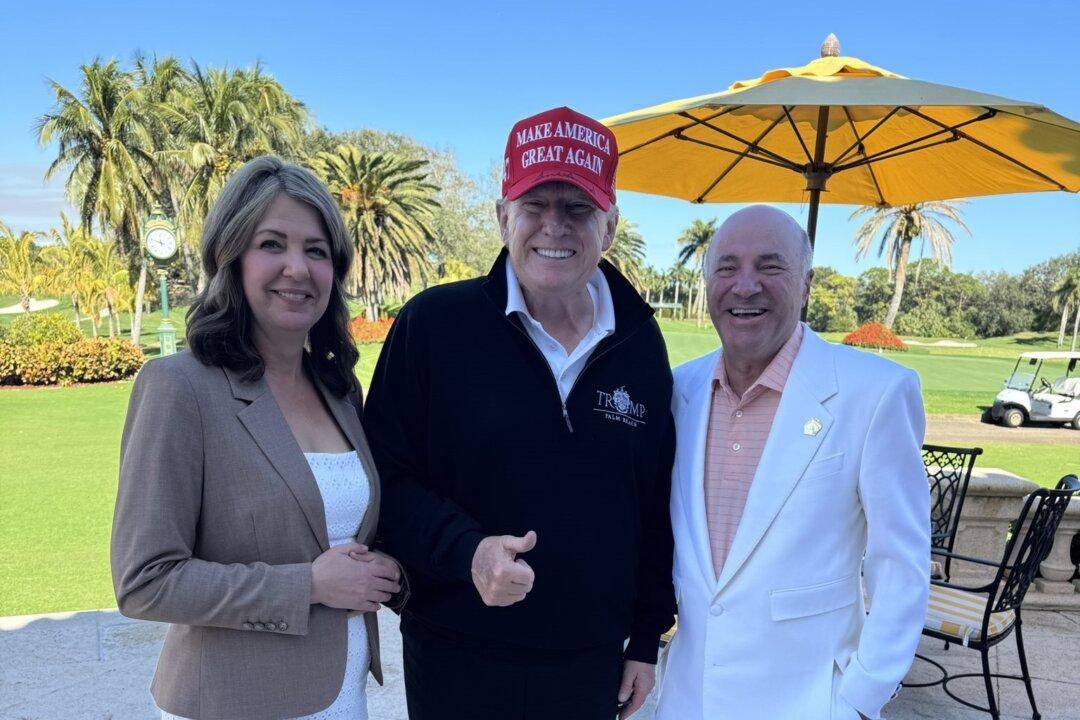As the federal government and the premiers announced a slew of retaliatory actions against U.S. tariffs while criticizing the Trump administration, Alberta Premier Danielle Smith repeatedly urged them to “de-escalate the rhetoric” and stick to diplomacy.
In the end, it was due to a phone call between the leaders of the two nations, and Canada’s agreement to appoint a “fentanyl czar” and take other actions, that the tariffs were put on pause. All are items that Smith had previously called for.





